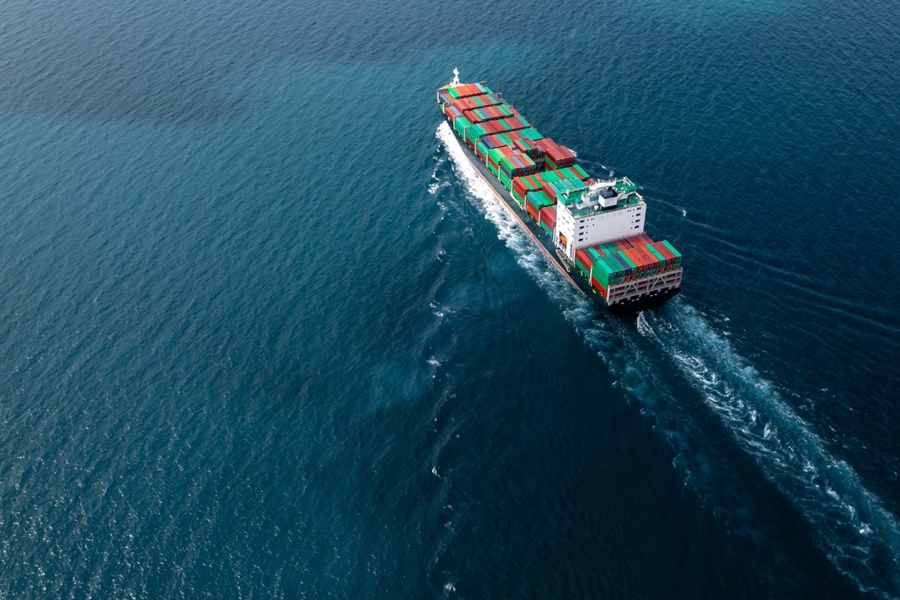
Overview
The maritime industry is undergoing a transformative shift to meet global decarbonisation targets and reduce greenhouse gas (GHG) emissions. The IMO Data Collection System (DCS) and the Carbon Intensity Indicator (CII) are pivotal in this transition. The IMO DCS mandates the collection and reporting of fuel consumption data for ships of 5,000 gross tonnage and above, enabling accurate CO2 emissions monitoring and fostering data-driven compliance. The CII evaluates a ship’s operational efficiency by measuring carbon emissions per transport work, encouraging continuous improvement and regulatory adherence.
In alignment with these global measures, the EU has introduced the FuelEU Maritime initiative and the EU Emissions Trading System (EU ETS). These regulations collectively aim to reduce maritime GHG emissions through the adoption of sustainable alternative fuels and enhanced reporting mechanisms. The EU Monitoring, Reporting, and Verification (EU MRV) system ensures transparent documentation of emissions, while reporting requirements under the EU ETS and FuelEU Maritime provide standardised frameworks for fuel usage and carbon intensity metrics. Together, these measures facilitate compliance and support the EU's climate targets, including a 55% reduction in emissions by 2030 and climate neutrality by 2050.
This course aims to equip maritime professionals with the knowledge and tools required to achieve compliance with these regulations. By providing a comprehensive understanding of the regulatory landscape and practical strategies for implementation, the course empowers participants to navigate the evolving decarbonisation requirements effectively.
Note: Updates related to MEPC 83 will be available starting October 2025
You will receive a certificate upon successful completion of the course.
Course duration
Classroom based: 1 day
Virtual class: 1 day or 2 days (5 hours per day)
Who will benefit?
This course is aimed at personnel responsible for emissions management and regulatory compliance within organisations impacted by the IMO DCS, CII , EU ETS and FuelEU Maritime regulations.
Course objectives
By the end of this course, you will be able to:
- Explain the fundamentals and purpose of the CII, IMO DCS, EU Emissions Trading System (EU ETS), and FuelEU Maritime regulations and EU MRV.
- Discuss the key components, mechanisms, and impact of the CII, EU ETS, and FuelEU Maritime regulations on maritime operations.
- Identify the compliance and reporting requirements and timelines for organisations under IMO DCS/CII, EU MRV/ETS, and FuelEU Maritime regulations.
- Demonstrate accurate reporting methods for emissions under IMO DCS and EU MRV systems.
- Define the roles and responsibilities of various stakeholders under CII, EU ETS, and Fuel EU Maritime regulations.
- Implement strategies to optimize compliance, minimize exposure to carbon prices, and avoid non-compliance consequences under the IMO DCS, CII, EU ETS, and FuelEU Maritime regulations.
Course content
The course will help you develop knowledge in the following areas:
- Introduction on regulatory framework on emissions and global emissions target by IMO
- EU Regulations: Fit for 55
- SEEMP Part I/II/III - Overview
- Stakeholders and key roles under various regulations
- IMO DCS ,CII, EU MRV , EU ETS and FuelEU regulations: General Principles & Key Components & Timelines
- Annual Reporting for IMO DCS/CII, EU MRV/ETS and FuelEU Maritime
Classroom
Delivered by one of our expert trainers who facilitates participation and discussion






 Maritime Decarbonisation Regulations
Maritime Decarbonisation Regulations